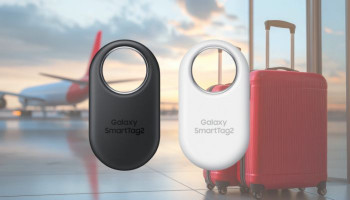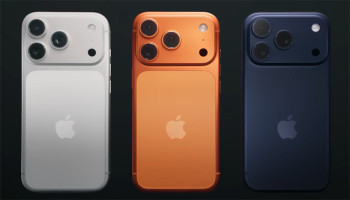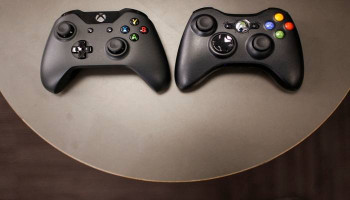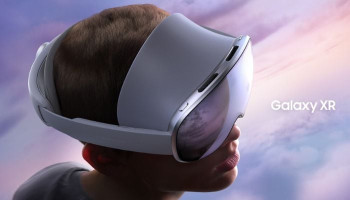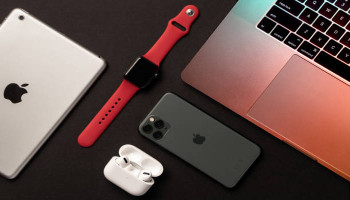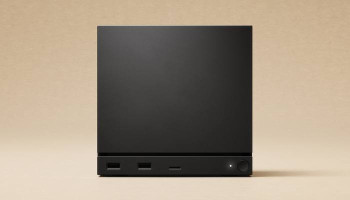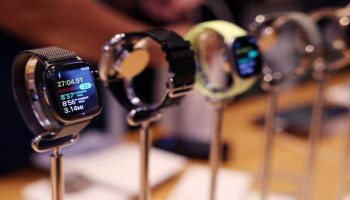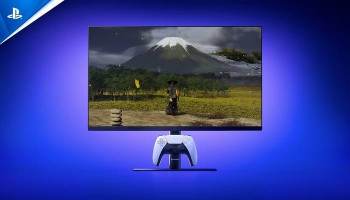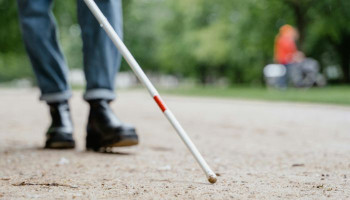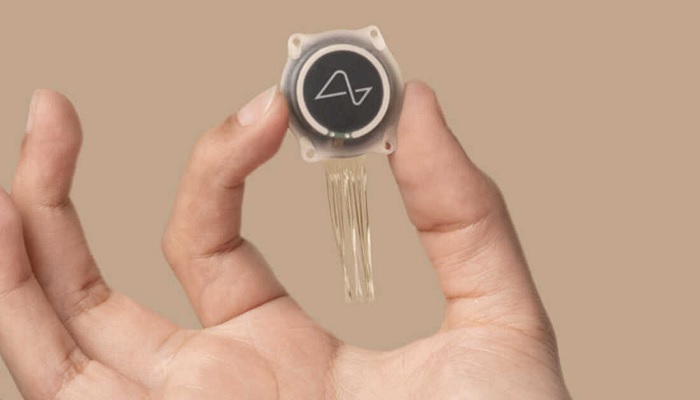
Neuralink, Elon Musk's brain-chip venture, broadcasted a groundbreaking moment as its inaugural patient, Noland Arbaugh, paralysed from the shoulders down due to a diving mishap, engaged in a game of online chess controlled solely by his thoughts via the implanted chip.
In a live stream on Musk's social media platform X, Arbaugh, aged 29, showcased his ability to manoeuvre the chess cursor on his laptop using the Neuralink device, following an implantation procedure earlier in January. Musk had previously disclosed Arbaugh's capability to manipulate a computer mouse through his thoughts.
Reflecting on the surgery, Arbaugh expressed, "The surgery was super easy. I literally was released from the hospital a day later. I have no cognitive impairments." He further revealed the profound impact, stating, "I had basically given up playing that game...you all [Neuralink] gave me the ability to do that again and played for eight hours straight."
However, Kip Ludwig, former program director for neural engineering at the US National Institutes of Health, cautioned against overstating the achievement, deeming it not a "breakthrough" but rather a nascent stage post-implantation. Ludwig emphasised the importance of continued learning for both Neuralink and the subjects to optimise control capabilities.
Despite Ludwig's tempered evaluation, he acknowledged the positive milestone in granting patients newfound interaction with computers. "It's certainly a good starting point," he remarked.
This revelation comes amid recent scrutiny, with Reuters reporting deficiencies in record-keeping and quality controls for animal experiments at Neuralink, as highlighted by US Food and Drug Administration inspectors. Neuralink has yet to respond to inquiries regarding the FDA's inspection findings.





